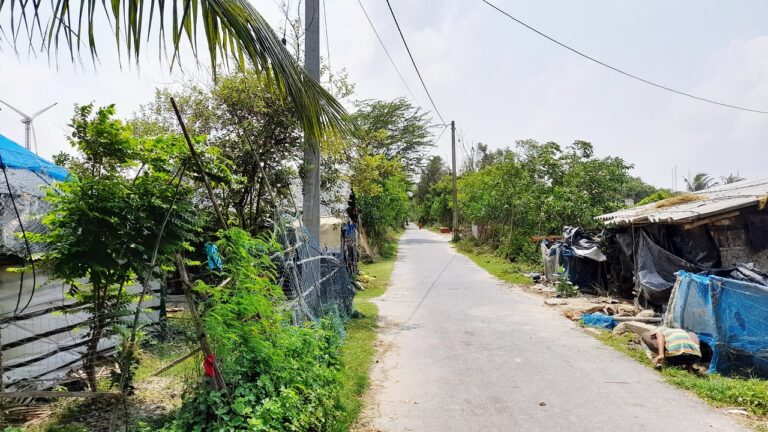Fleet Management for Educational Institutions: Student Transportation: Bet book 250.com, 11xplay online, Yolo 247 login
bet book 250.com, 11xplay online, yolo 247 login: Fleet Management for Educational Institutions: Student Transportation
Ensuring students get to and from school safely and efficiently is a top priority for educational institutions. With the increasing importance of fleet management in this context, it’s crucial to have a well-organized system in place for managing student transportation. From tracking bus routes to ensuring driver safety, there are several key considerations to keep in mind when it comes to fleet management for educational institutions.
Streamlining Bus Routes
One of the most critical aspects of fleet management in educational institutions is optimizing bus routes. By carefully planning and organizing bus routes, schools can ensure that students arrive at school on time and are transported in the most efficient manner possible. Utilizing GPS tracking technology can also help administrators monitor bus routes in real-time, making adjustments as needed for traffic or weather conditions.
Driver Training and Safety
Ensuring the safety of students while in transit is paramount for educational institutions. Implementing comprehensive driver training programs can help mitigate risks and ensure that drivers are well-equipped to handle various situations on the road. Regular safety inspections of buses and ongoing driver evaluations are also essential components of fleet management in student transportation.
Maintenance Scheduling
Proper maintenance of school buses is crucial for keeping students safe on the road. Educational institutions must have a structured maintenance schedule in place to ensure that buses are in optimal condition at all times. Regular inspections, servicing, and repairs should be conducted to prevent any potential breakdowns or safety hazards.
Cost Management
Managing the costs associated with student transportation is another key consideration for educational institutions. By implementing fuel-efficient practices, optimizing bus routes, and reducing idle time, schools can minimize their overall transportation expenses. Utilizing fleet management software can also help track and monitor fuel usage, maintenance costs, and other expenses related to student transportation.
Environmental Impact
Reducing the environmental impact of student transportation is an increasingly important consideration for educational institutions. By implementing eco-friendly practices such as utilizing alternative fuels, reducing emissions, and promoting sustainable transportation options, schools can minimize their carbon footprint and contribute to a healthier environment for future generations.
Community Engagement
Engaging with the community is an essential aspect of fleet management for educational institutions. By fostering positive relationships with parents, students, and other stakeholders, schools can gather valuable feedback and insights to improve their student transportation services. Communicating regularly with the community about bus routes, safety protocols, and other relevant information can help build trust and enhance the overall transportation experience for students.
FAQs
1. How can GPS tracking technology help improve student transportation?
GPS tracking technology can provide real-time monitoring of bus routes, allowing administrators to make timely adjustments for traffic or weather conditions. It also enables schools to track bus locations and ensure that students are safely transported to and from school.
2. What are some cost-effective ways to reduce transportation expenses for educational institutions?
Implementing fuel-efficient practices, optimizing bus routes, and reducing idle time are all effective ways to minimize transportation expenses for educational institutions. Utilizing fleet management software can also help track and monitor fuel usage, maintenance costs, and other expenses related to student transportation.
3. How can schools promote eco-friendly practices in student transportation?
Schools can promote eco-friendly practices in student transportation by utilizing alternative fuels, reducing emissions, and promoting sustainable transportation options. By implementing these practices, schools can minimize their carbon footprint and contribute to a healthier environment for future generations.







